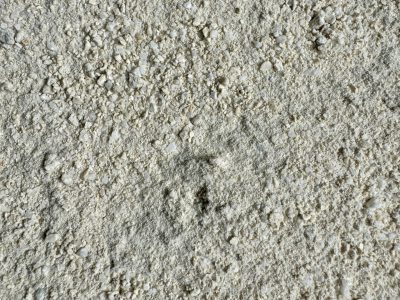$340.00/t
Dolomite is a naturally occurring magnesium and calcium fertiliser. When applied Dolomite is mineralised in the soil to provide plant available magnesium and calcium while also having a liming effect from the Calcium component. Dolomite comes in a fine form (0-2mm) so is easily mixed with other fertilisers. It is not water-soluble and is therefore not prone to leaching or runoff.

Magnesium is an essential nutrient for both plant and animal production and health. Dolomite is made up of Magnesium Carbonate and Calcium Carbonate. Magnesium Carbonate in a non-water soluble (slow release) form or magnesium and will help meet long term requirements.
Summer, Autumn, Winter, Spring
Dolomite must first be mineralised in the soil into a plant available magnesium source. If magnesium requirements are more immediate we recommend blending in a water soluble magnesium source such as Kieserite or Mag Oxide to meet these requirements.